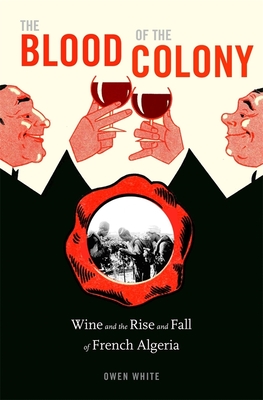Expedite your nonfiction book discovery process with Readara interviews, summaries and recommendations, Broaden your knowledge and gain insights from leading experts and scholars
In-depth, hour-long interviews with notable nonfiction authors, Gain new perspectives and ideas from the writer’s expertise and research, Valuable resource for readers and researchers
Optimize your book discovery process, Four-to eight-page summaries prepared by subject matter experts, Quickly review the book’s central messages and range of content
Books are handpicked covering a wide range of important categories and topics, Selected authors are subject experts, field professionals, or distinguished academics
Our editorial team includes books offering insights, unique views and researched-narratives in categories, Trade shows and book fairs, Book signings and in person author talks,Webinars and online events
Connect with editors and designers,Discover PR & marketing services providers, Source printers and related service providers

The Blood of the Colony: Wine and the Rise and Fall of French Algeria
History > Africa - North
- Harvard University Press
- Hardcover
- 9780674248441
- 9.3 X 6.1 X 1.3 inches
- 1.5 pounds
- History > Africa - North
- (Single Author) Asian American
- English
Readara.com
Book Description
The surprising story of the wine industry's role in the rise of French Algeria and the fall of empire.
We owe to wine a blessing far more precious than gold: the peopling of Algeria with Frenchmen, stated agriculturist Pierre Berthault in the early 1930s. In the last decades of the nineteenth century, Europeans had displaced Algerians from the colony's best agricultural land and planted grapevines. Soon enough, wine was the primary export of a region whose mostly Muslim inhabitants didn't drink alcohol.
Settlers made fortunes while drawing large numbers of Algerians into salaried work for the first time. But the success of Algerian wine resulted in friction with French producers, challenging the traditional view that imperial possessions should complement, not compete with, the metropole. By the middle of the twentieth century, amid the fight for independence, Algerians had come to see the rows of vines as an especially hated symbol of French domination. After the war, Algerians had to decide how far they would go to undo the transformations the colonists had wrought--including the world's fourth-biggest wine industry. Owen White examines Algeria's experiment with nationalized wine production in worker-run vineyards, the pressures that resulted in the failure of that experiment, and the eventual uprooting of most of the country's vines.
With a special focus on individual experiences of empire, from the wealthiest Europeans to the poorest laborers in the fields, The Blood of the Colony shows the central role of wine in the economic life of French Algeria and in its settler culture. White makes clear that the industry left a long-term mark on the development of the nation.
Author Bio
Owen White specializes in the history of modern France and the French colonial empire, with particular research interests in West Africa and Algeria. He grew up in the U.K., receiving his B.A. from the University of Exeter and his doctorate from the University of Oxford.
The author of a book about the mixed-race population of French West Africa and articles on a variety of aspects of French colonialism, he has also published two edited volumes: one (with J. P. Daughton) on French missionaries, the other on social organization in modern empires.
He recently completed a history of Algerian wine, and is now researching resistance to taxation in colonial empires.
Source: University of Delaware
Videos
No Videos
Community reviews
No Community reviews

